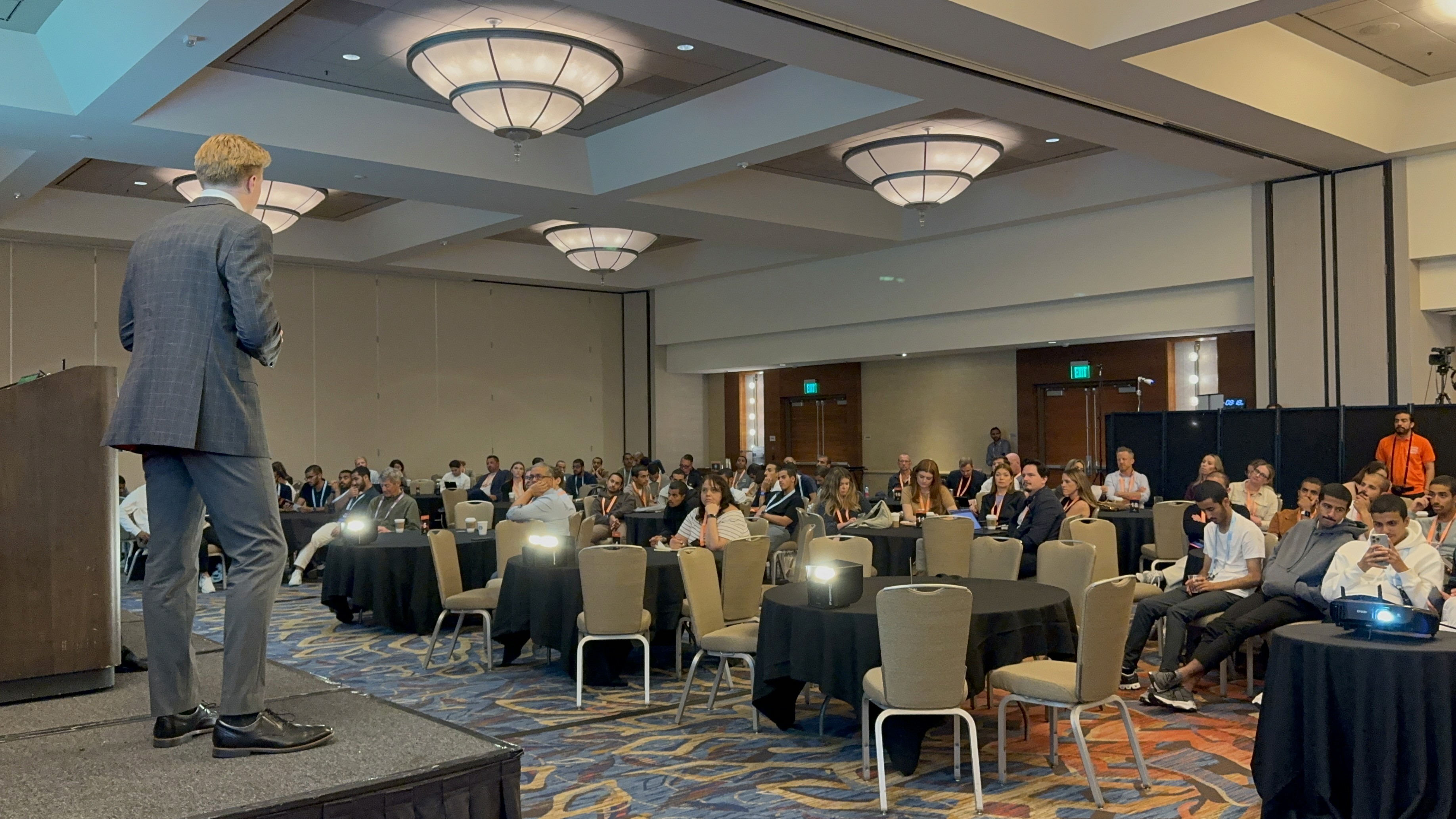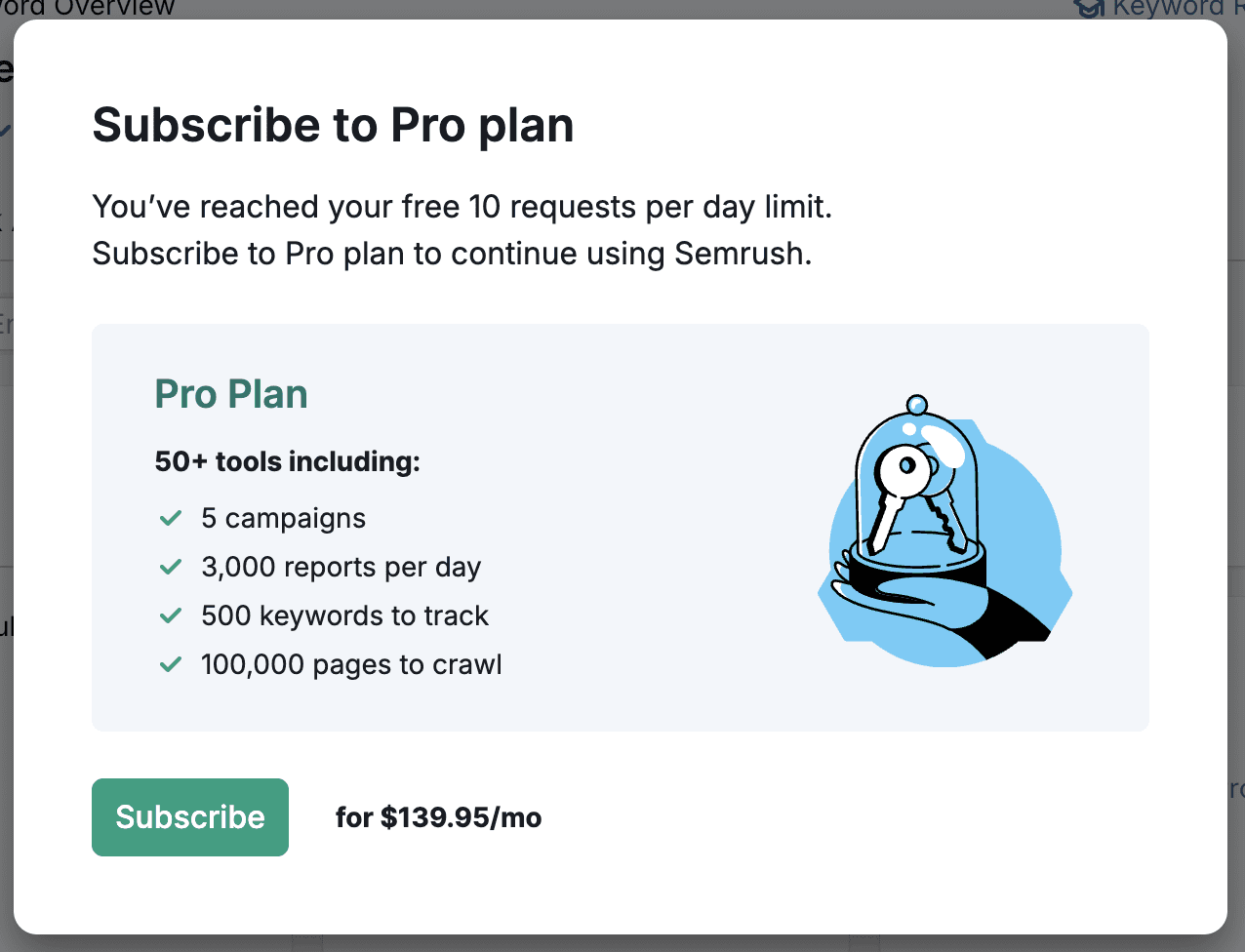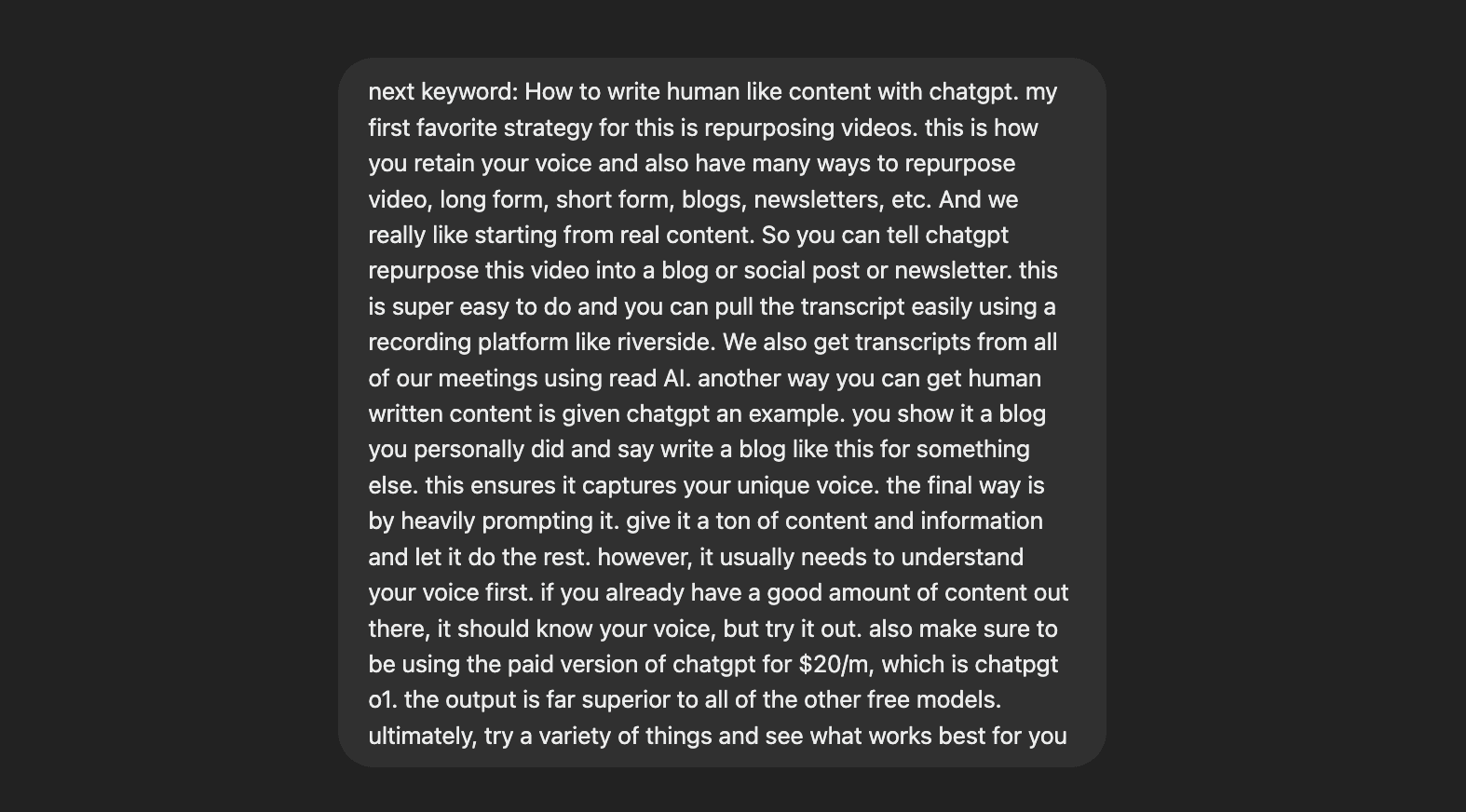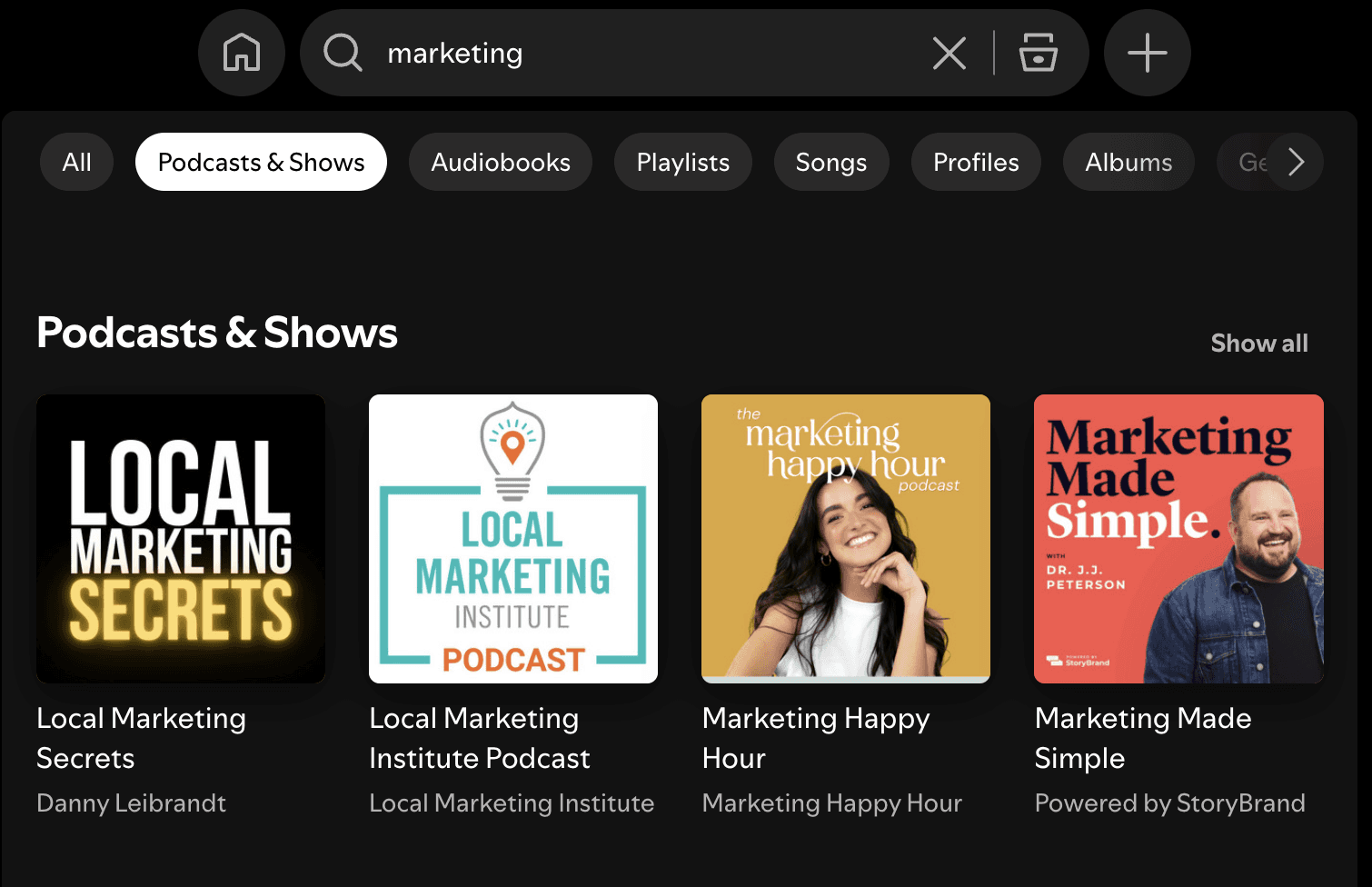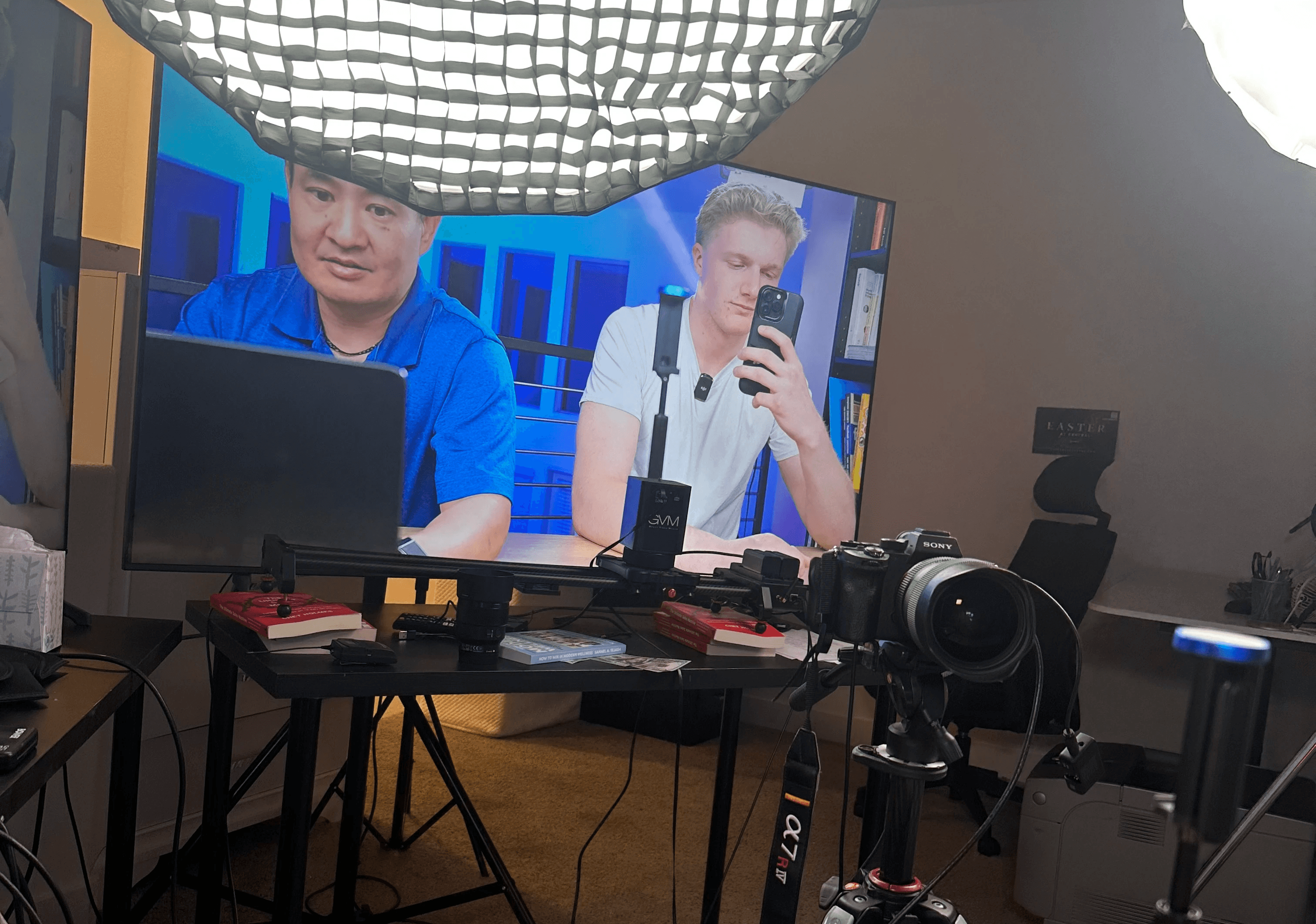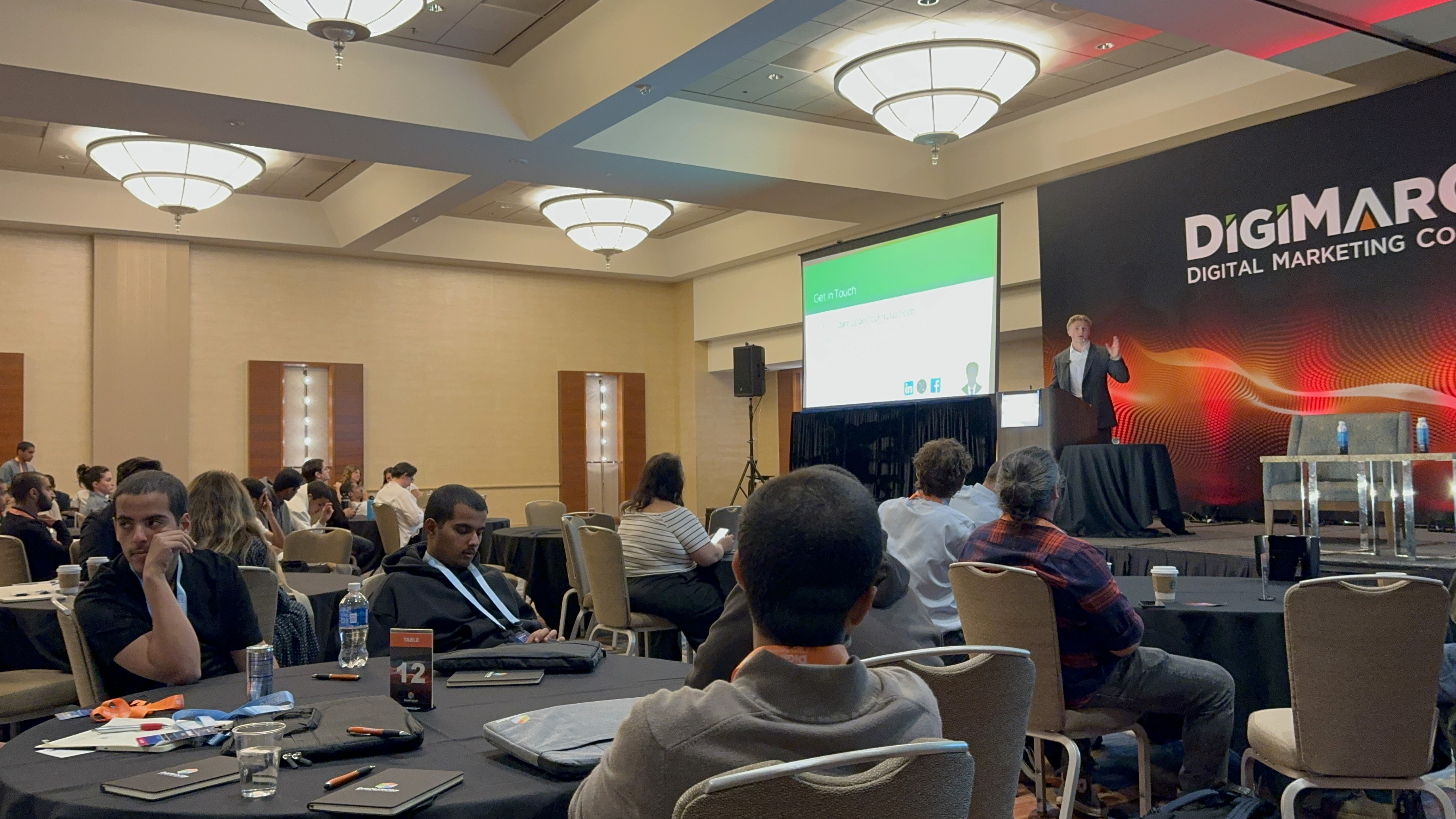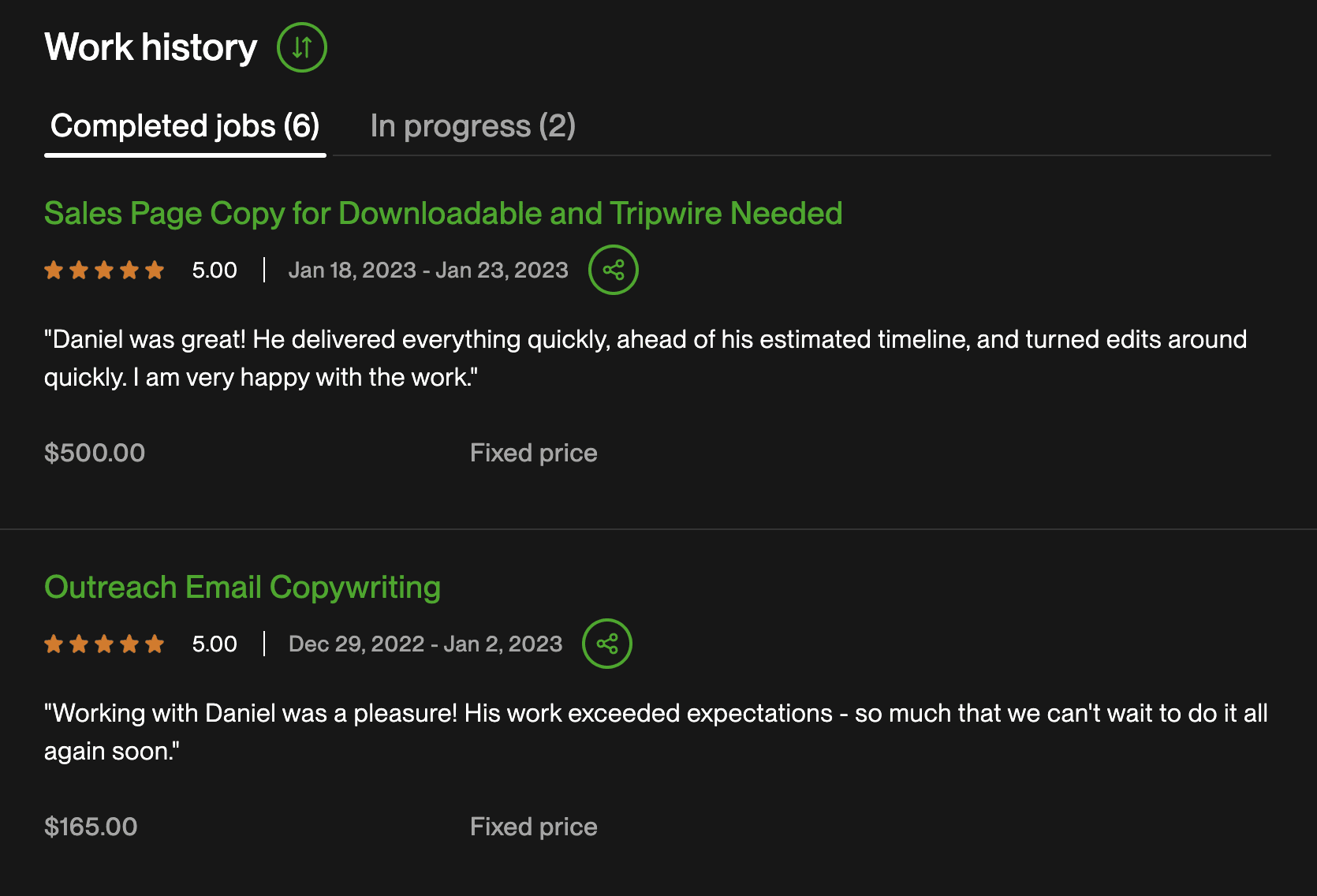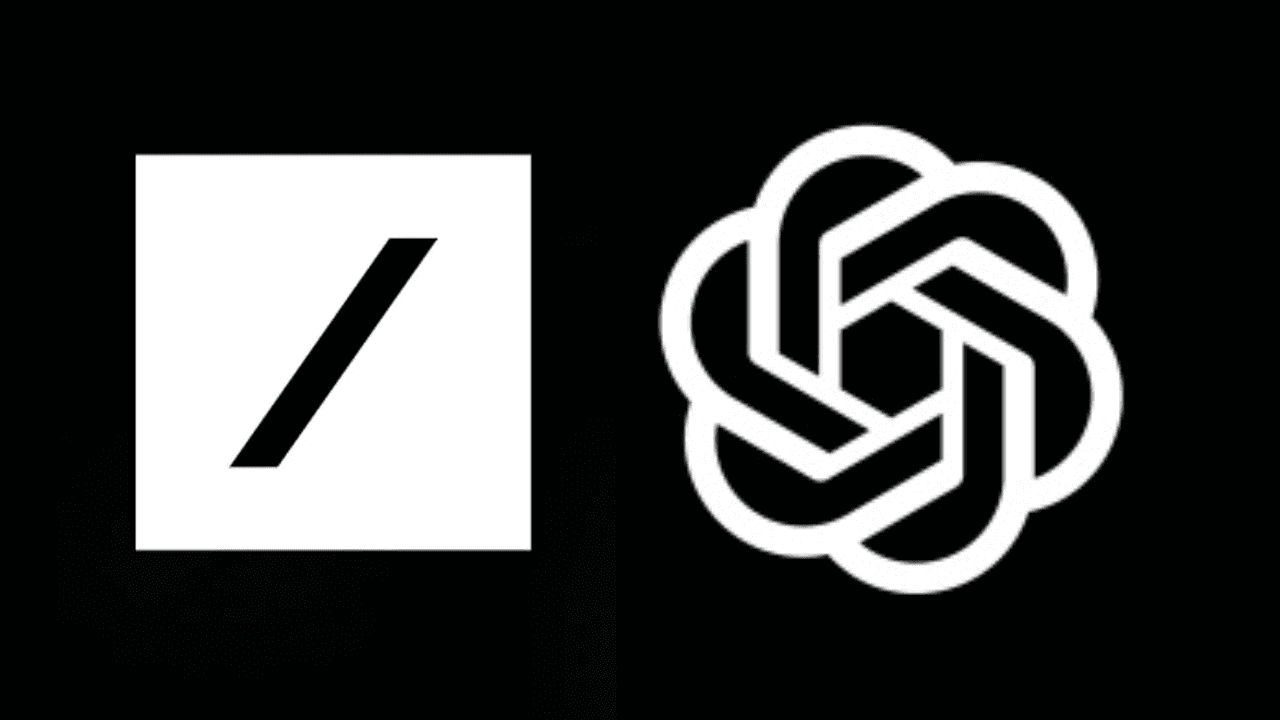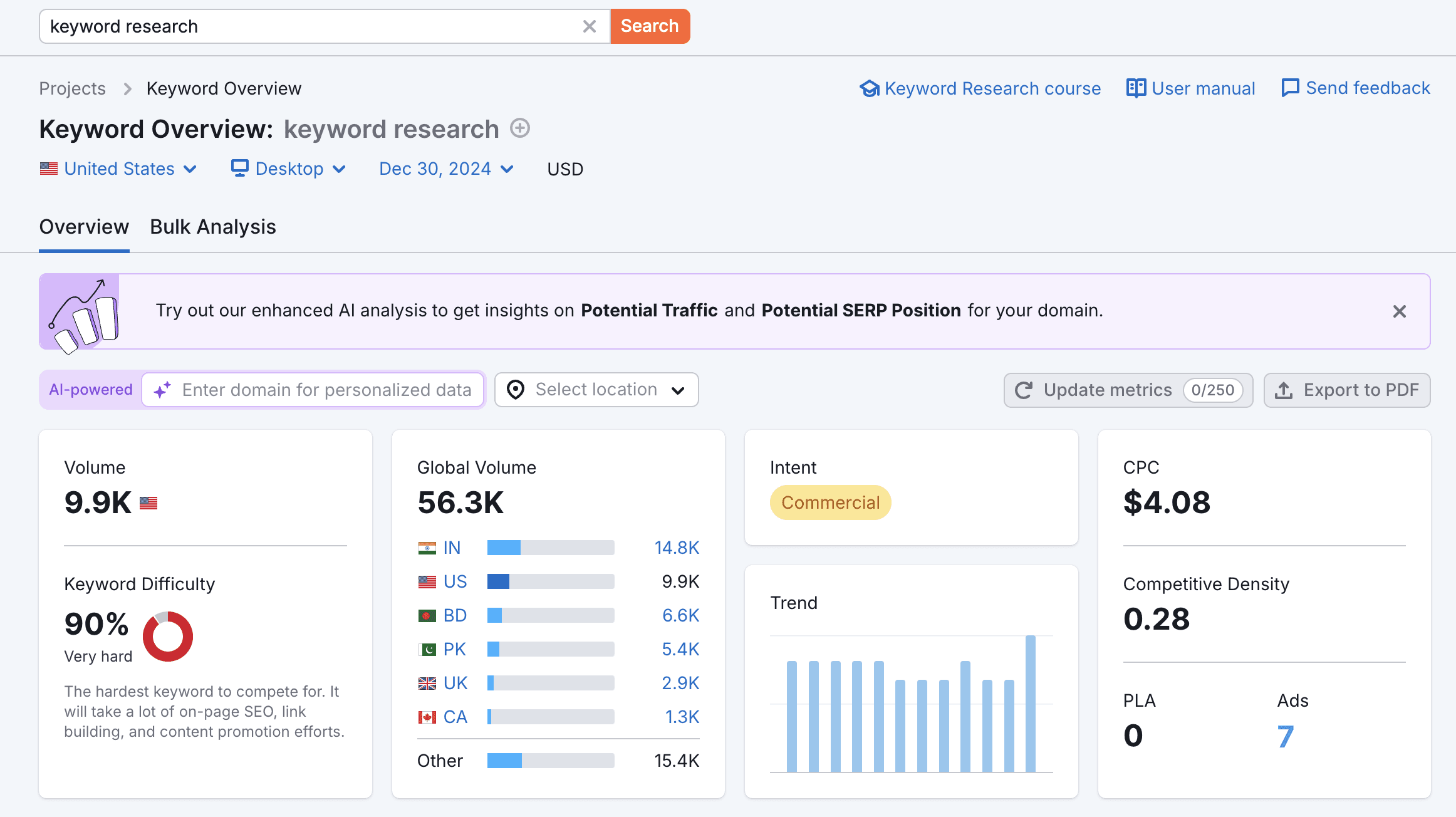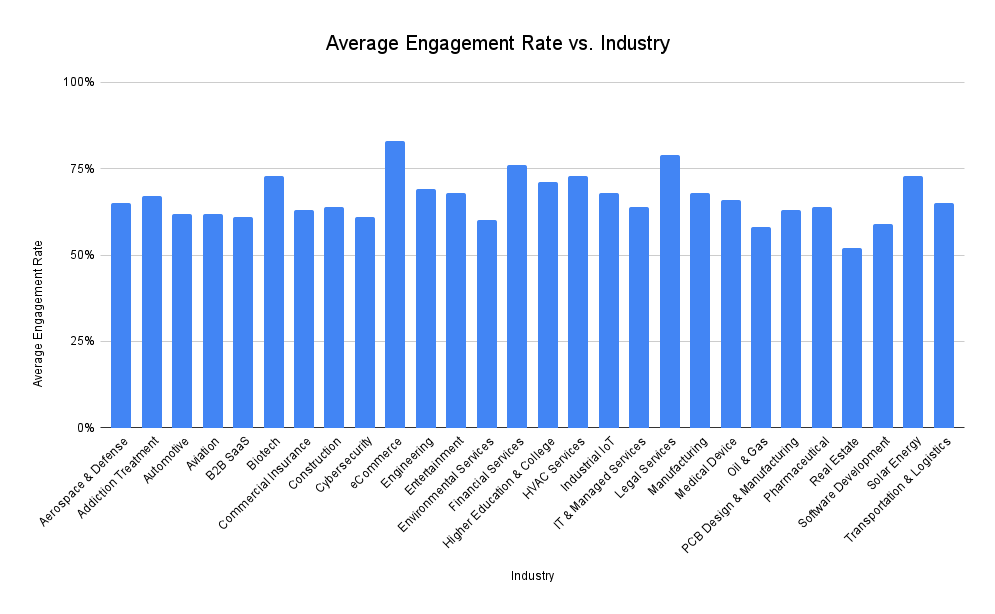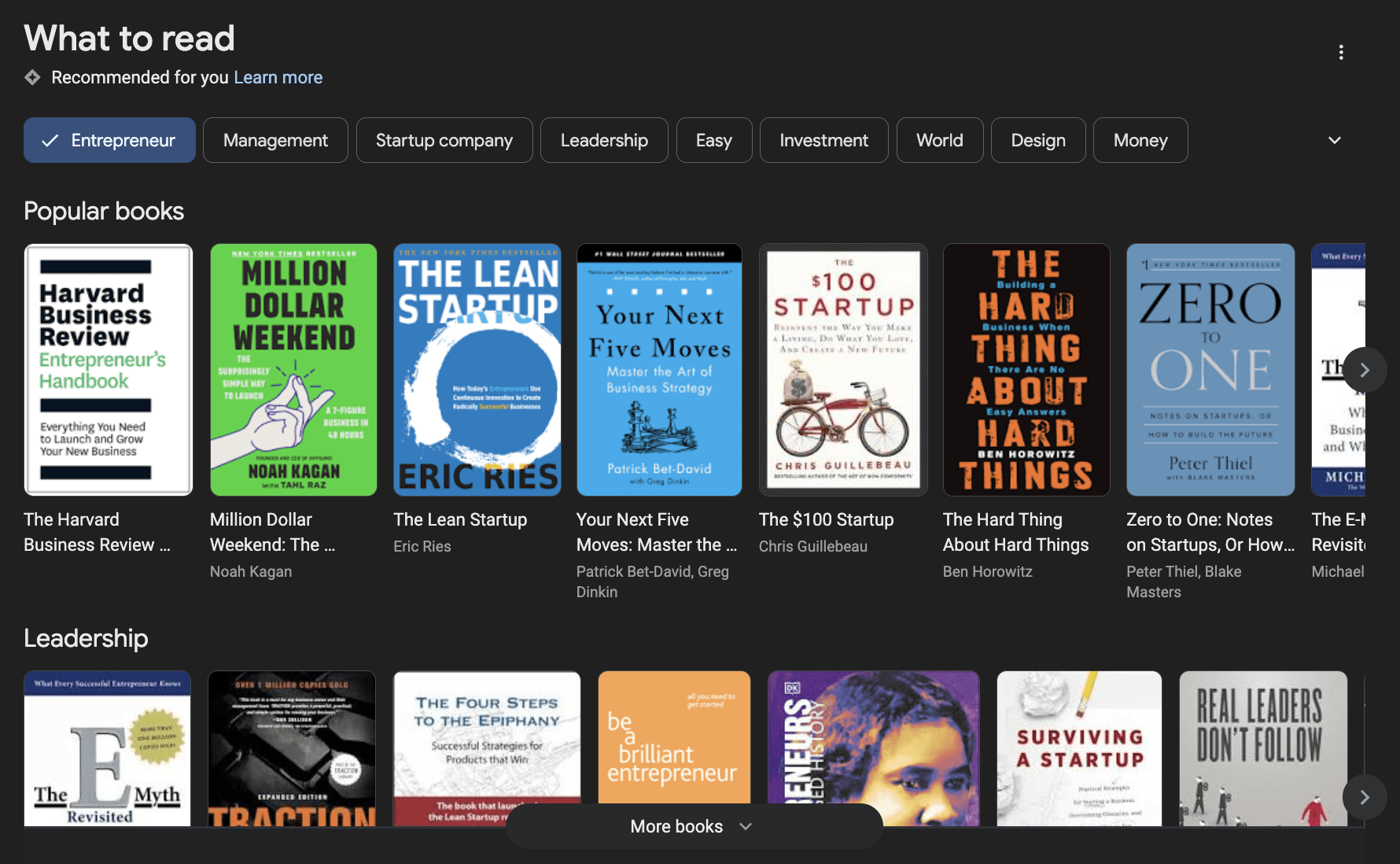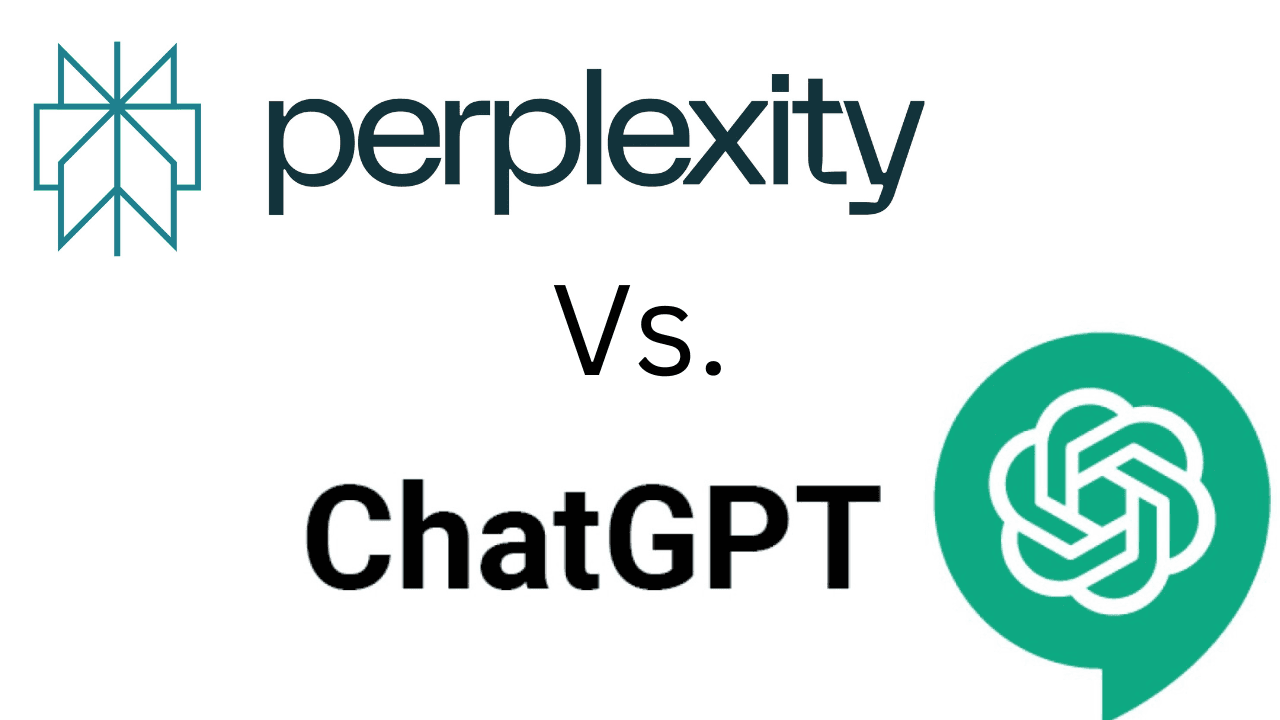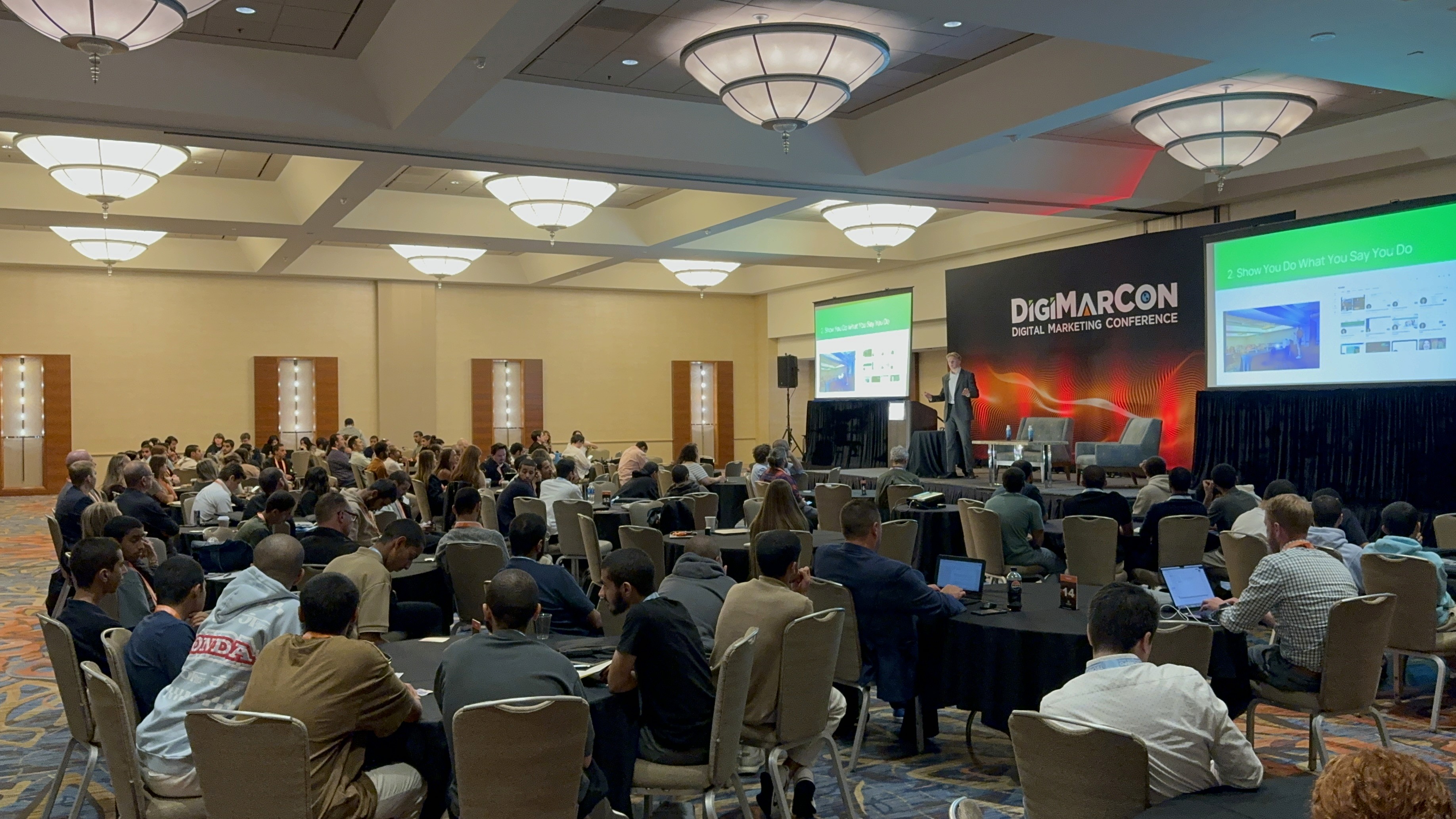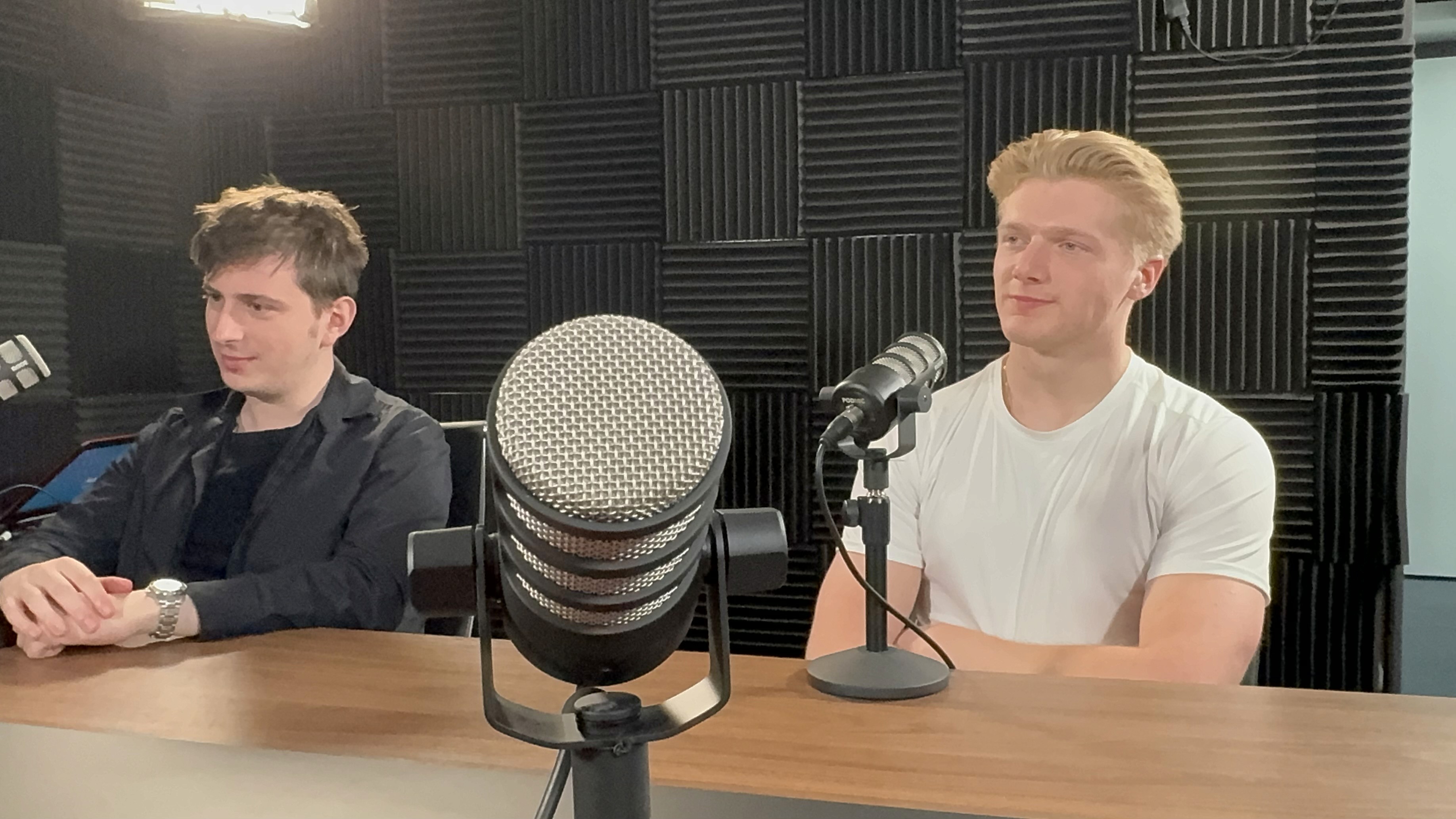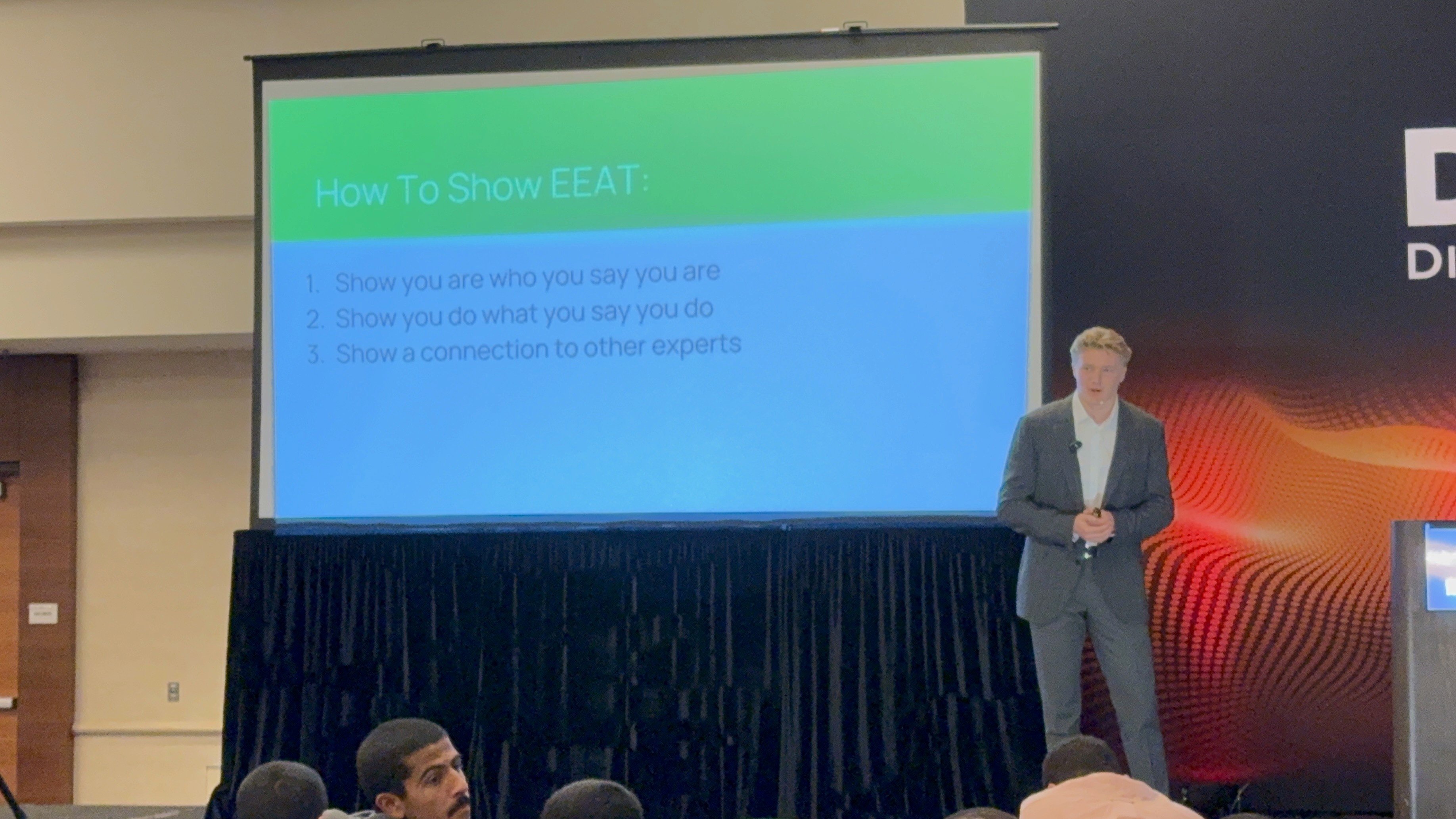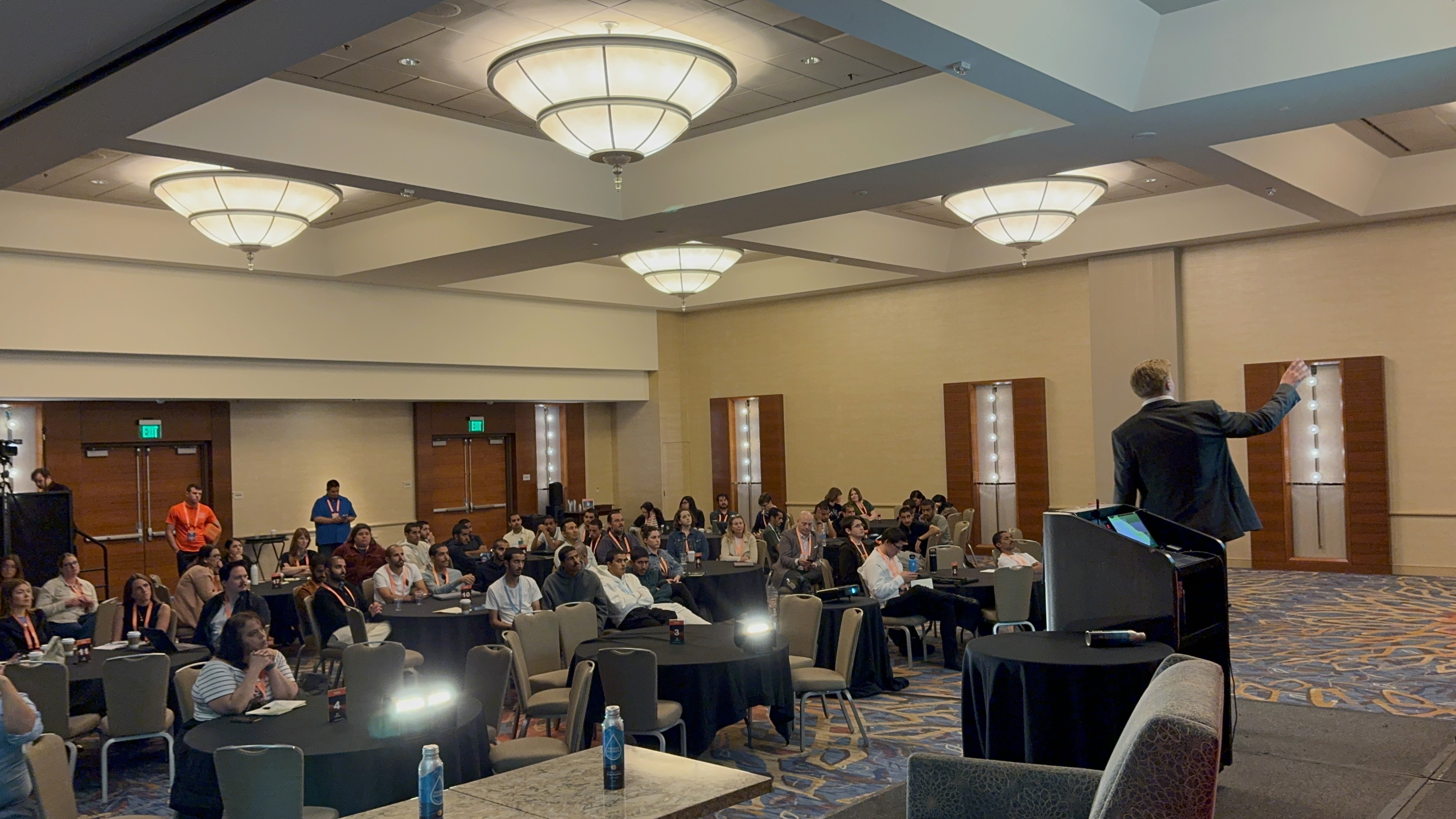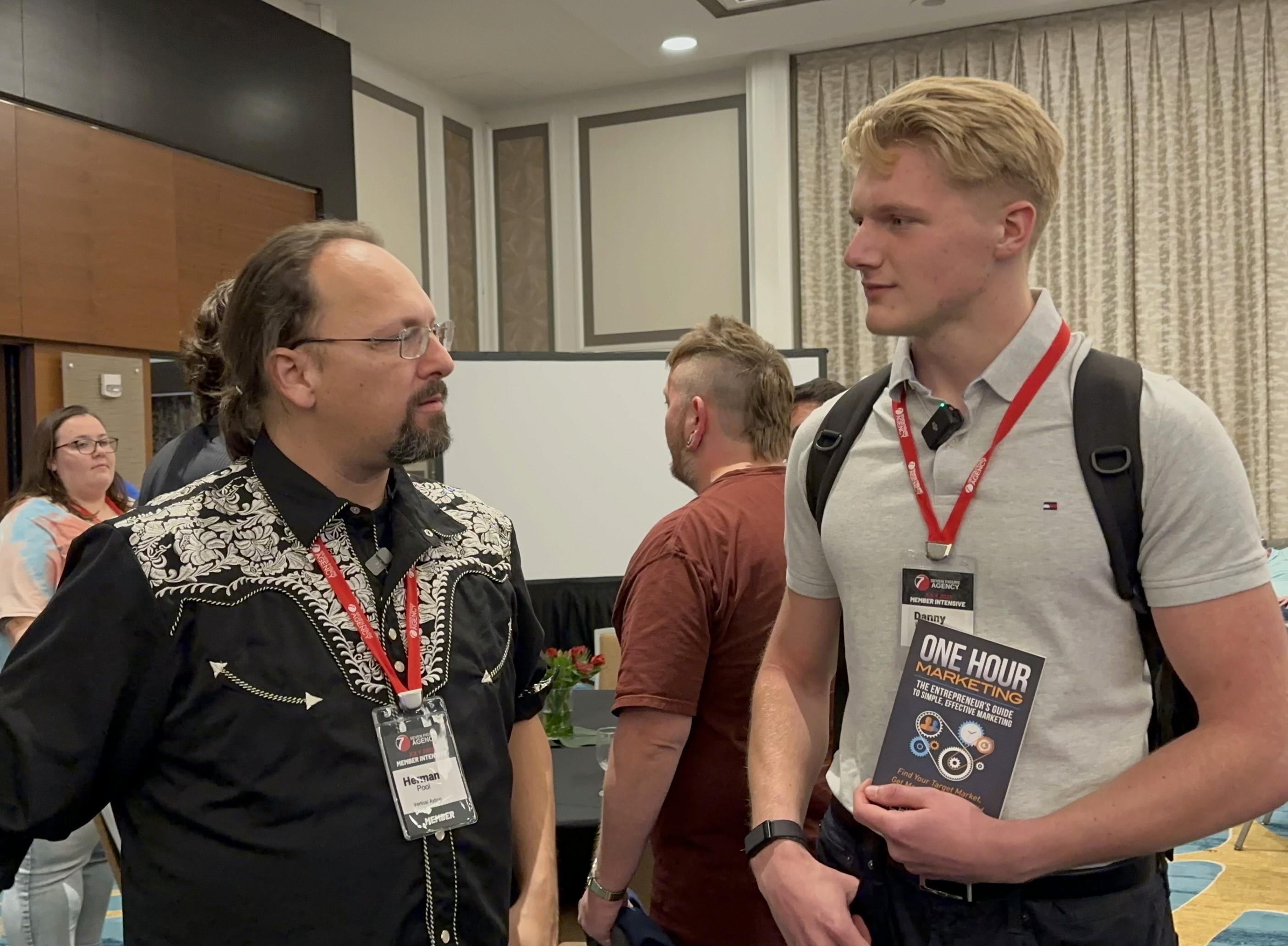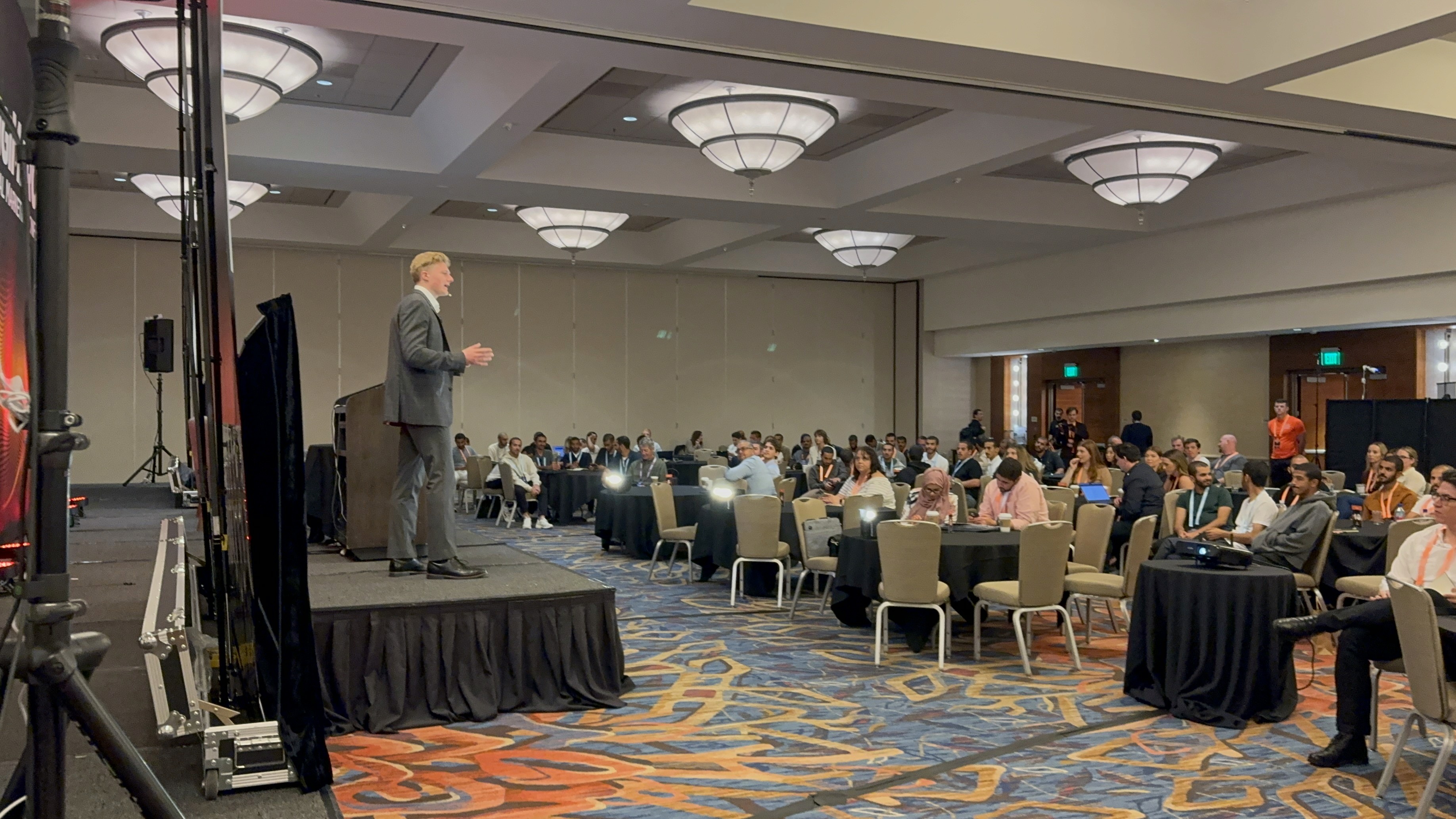Entrepreneurship
Entrepreneurs vs Founders: What's the Difference and Which One Are You?
Jul 18, 2024
As someone who’s been both an entrepreneur and a founder, I often get asked, What’s the difference between the two? While the terms are sometimes used interchangeably, there are key distinctions that separate entrepreneurs from founders. Understanding these differences can help you figure out which path resonates with you—or whether you might embody both.
In this post, I’ll break down the differences between entrepreneurs and founders, explore the unique roles each one plays, and share insights that I’ve gained from wearing both hats.
/ / / / / / / /
What Is an Entrepreneur?
An entrepreneur is someone who creates and operates a business, usually with the goal of generating profit or solving a problem in the market. Entrepreneurs are all about building something from the ground up, but they might not always be the original creator of a business idea. Instead, they could take existing concepts and turn them into successful ventures.
One of the key traits of entrepreneurs is their focus on innovation and scalability. They’re constantly seeking new opportunities, experimenting with business models, and looking for ways to grow their ventures. Learn if an entrepreneur is born or made here.
What Is a Founder?
A founder, on the other hand, is the person who starts a company from scratch—often building it based on a personal vision or passion. Founders are typically the driving force behind a brand or business idea, and they are more deeply tied to the origin and purpose of the company.
Founders are the visionaries who take an initial idea and bring it to life. However, once the business is established, a founder might choose to stay in a leadership role or pass the reins to others to scale the company.
Key Differences Between Entrepreneurs and Founders
So, where do the lines between entrepreneurs and founders blur? Let’s explore some key differences.
1. Role and Vision
Founders are often driven by a deep, personal passion to solve a problem or fill a gap in the market. They typically start from scratch with an idea or vision that they are dedicated to bringing to life. Think of a founder as someone who is emotionally tied to the business—they’re not just starting a company; they’re bringing a dream to reality.
Entrepreneurs, on the other hand, are often more focused on the process of business creation itself. They may take existing ideas, iterate on them, and launch multiple ventures over time. For them, the excitement lies in the challenge of building and scaling businesses, rather than being tied to one specific concept.
2. Risk Tolerance
Founders often face higher levels of risk because they are starting from nothing. They’re developing an idea that may not have been proven in the market, which requires taking on uncertainty. I’ve been in this position before—where you’re not sure if the market will respond to your idea, but you move forward because you believe in the vision.
Entrepreneurs, on the other hand, may take on different types of risk. They might purchase an existing business or invest in ventures that have already proven themselves. While they still face risk, entrepreneurs often look for ways to mitigate it by using data, trends, and proven business models.
3. Ownership vs. Growth
Founders typically have a deep connection to their companies because they started them. They often hold onto significant ownership stakes and are more likely to see the business as their "baby." This personal investment can sometimes make it harder for founders to let go or delegate control as the company grows.
Entrepreneurs, however, are more focused on growth and scalability. They’re willing to bring in investors, partners, or even sell the company if it means achieving greater success. Entrepreneurs often see their business as one of many ventures they’ll pursue throughout their career.
4. Longevity in the Business
Founders might stay with their business for the long haul, especially if it’s a passion project or something that aligns closely with their values. I’ve seen founders remain as CEOs or stay involved in the company’s direction long after it’s become successful.
Entrepreneurs, on the other hand, might be more willing to exit once the business is up and running successfully. Their interest lies in building and scaling, not necessarily in managing a company for the long term. Many entrepreneurs will start a business, grow it, and then move on to the next project.
Can You Be Both an Entrepreneur and a Founder?
Absolutely! In fact, many people, including myself, often embody both roles. When I started my first business, I was both the founder (because I had the initial idea) and the entrepreneur (because I built and scaled it). As the business grew, my role as an entrepreneur became more prominent, focusing on expansion, new opportunities, and growth strategies.
Being both an entrepreneur and a founder can be a powerful combination because you understand the vision behind the business, but you also have the skills to turn it into a scalable, profitable venture.
Which One Are You?
Now that you know the differences, you might be wondering where you fall. Here are a few questions to ask yourself to determine whether you’re more of an entrepreneur or a founder:
Do you enjoy starting businesses from scratch, or do you prefer growing and improving existing ideas?
Are you deeply tied to a single business, or do you see yourself starting and scaling multiple ventures?
Is your motivation more about solving a specific problem or more about building successful companies in general?
Do you see yourself staying with a business for the long term, or are you excited about the idea of moving on to the next project?
There’s no right or wrong answer here—it’s all about what drives you and what kind of business-building journey you enjoy.
Final Thoughts on Entrepreneurs vs Founders
At the end of the day, both entrepreneurs and founders are essential to the world of business. Founders bring passion, vision, and the drive to create something new, while entrepreneurs take that spark and build it into something scalable and sustainable.
Whether you identify more with being a founder, an entrepreneur, or both, the key is understanding your strengths and what excites you about building a business. Each role has its own unique challenges and rewards, and the beauty of it all is that there’s room for both in the entrepreneurial ecosystem.
So, which one are you? Or maybe, like me, you see yourself as a little bit of both.
Latest
More Blogs By Danny Leibrandt
Get the latest insights on business, digital marketing, and entrepreneurship from Danny Leibrandt.

